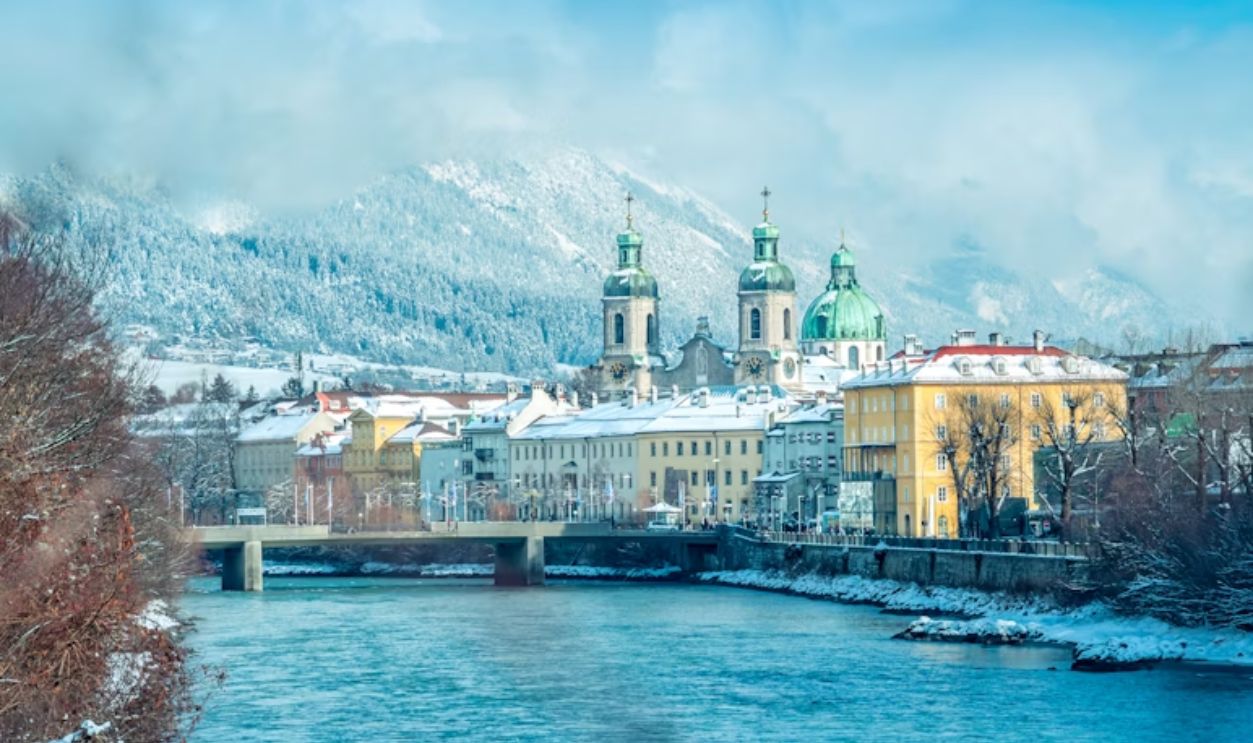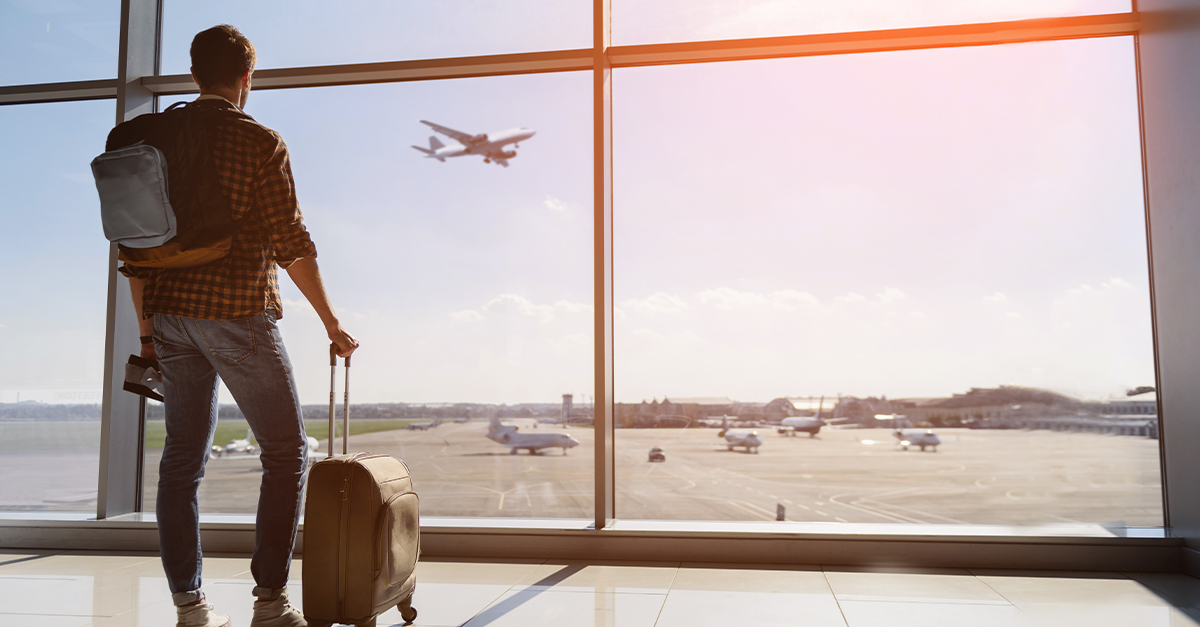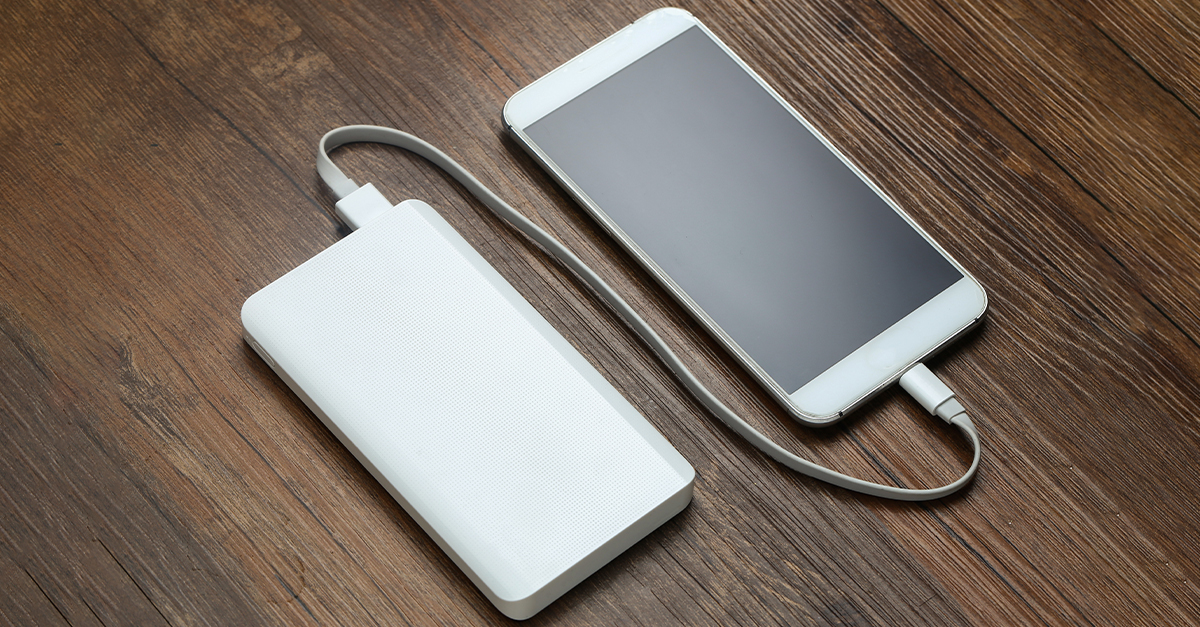Welcome To The Work-Life Wonders Of The World
In an age where burnout is trending and emails ping us into the night, some countries have cracked the code on how to actually live while working. We’ve ranked the top 20 countries that offer the best work-life balance, using a blend of data from the OECD Better Life Index, the World Happiness Report, average hours worked, paid leave policies, and lifestyle indicators like access to nature, family support, and flexible work norms. The result? A global tour of places where logging off isn’t a luxury—it’s the culture. Let’s explore where people are happiest, healthiest, and actually home for dinner.

Netherlands
The Netherlands claims the crown when it comes to work-life balance, with Dutch employees clocking in just under 30 hours a week on average—the lowest among OECD nations. Despite shorter hours, productivity remains impressively high. Most workers receive at least 25 vacation days annually, and the country’s generous parental leave policy encourages both mothers and fathers to take time off. With life satisfaction rated at 7.4 out of 10 and a nationwide biking culture that literally keeps people moving, the Dutch have built a lifestyle that’s as balanced as it is breezy.
Denmark
In Denmark, the 33-hour workweek is practically sacred, and the country’s strong labor protections ensure workers aren’t just working less—they're living more. Employees enjoy 25 days of paid vacation plus a generous sprinkling of public holidays, and many Danes are home well before dinner. Ranked as one of the happiest countries on Earth, Denmark also boasts progressive parental leave policies, offering 52 weeks that can be shared between parents. Here, leaving the office at 4 p.m. isn’t slacking—it’s standard practice.
France
France takes its 35-hour legal workweek seriously, and it gets even better—many French workers accrue additional “RTT” days to compensate for any overtime. With at least five weeks of paid vacation a year and laws protecting workers’ “right to disconnect” from work emails outside of office hours, France blends labor rights with leisure like a fine Bordeaux. Combine that with a life satisfaction score above the OECD average, and you have a nation where lunch breaks and summer holidays are practically constitutional rights.
Sweden
Swedes have elevated balance to an art form, with average workweeks hovering between 32 and 34 hours and an emphasis on flexible schedules. Their famous “fika” culture—coffee breaks with colleagues—is not only socially enriching but also protected by workplace norms. Sweden also offers one of the world’s most generous parental leave schemes: 480 days per child, split between parents. Add in the cultural right to roam the countryside freely, and it’s no wonder life satisfaction here stays high.
Finland
Finland has topped the World Happiness Report six years running, and that’s no accident. With a 33.6-hour average workweek and a culture that treasures silence, nature, and personal space, Finns enjoy a slower pace without sacrificing economic security. Parents receive substantial paid leave, and the country’s social systems provide strong safety nets from education to healthcare. For many, a post-sauna snow roll is all in a day’s work—literally.
Norway
In Norway, flexible work arrangements are not just perks but normalized practices. The average workweek clocks in around 33 hours, yet wages remain high and productivity solid. Parents can split 49 weeks of paid leave, and it’s common for both to take extended time off. Nature is deeply ingrained in Norwegian identity, with hiking, skiing, and “friluftsliv” (open-air living) a regular part of life, supported by work schedules that accommodate outdoor passions.
Germany
Germany may be known for precision and efficiency, but it’s equally serious about downtime. The average worker logs just over 34 hours a week, and email after hours? Socially discouraged and increasingly regulated. Employees typically receive at least 30 days of paid vacation, and productivity is still among the world’s highest. Germans may work hard—but when they clock out, they’re off the grid and fully unplugged.
Switzerland
In Switzerland, balance is measured with the same care as a Swiss watch. The average Swiss workweek is a modest 34.6 hours, yet salaries rank among the world’s highest. More than 70% of residents live within a 10-minute walk of green space, and the alpine lifestyle encourages weekend getaways year-round. With life satisfaction scoring a strong 7.5, it’s clear that in Switzerland, wellness and work go hand in hand.
Iceland
Iceland may have long winters, but its work culture is sunny. With an average of 34 hours worked per week and 24 days of vacation (plus 13 public holidays), Icelanders take their time off seriously. It ranks #1 on the Global Gender Gap Index, and work equality extends to parental leave policies that are split evenly between both parents. Icelanders also benefit from strong social ties and high levels of community trust—a perfect climate for well-being.
Belgium
Belgium offers a winning mix of flexibility and fairness. The average workweek is just under 35 hours, and the legal minimum for paid vacation sits at 20 days—though many employees get more. Workers also enjoy time-saving perks like meal vouchers and subsidized childcare. With high levels of life satisfaction and a social support system that keeps citizens feeling secure, Belgium proves balance can be built into the system.
 Jorge Fernandez Salas, Unsplash
Jorge Fernandez Salas, Unsplash
Austria
In Austria, the average workweek stays around 34 hours, and most employees receive 25 paid vacation days, along with 13 public holidays. Austria’s workplace laws promote rest and discourage overtime, while its healthcare and pension systems provide long-term peace of mind. With coffeehouse culture and access to the Alps, it’s easy to see why Austrians take life in stride.
Luxembourg
Tiny but mighty, Luxembourg consistently ranks near the top for income and life satisfaction. The average workweek is just over 34 hours, and vacation policies are generous—25 days minimum, often more. Multilingualism, excellent public transport, and a high degree of financial security help residents maintain a relaxed and cosmopolitan rhythm to daily life.
Spain
Spain is famous for siestas, but modern workers are more likely to enjoy long lunches and late evenings with friends than midday naps. With an average 36-hour workweek, 22 vacation days, and a family-friendly culture, Spaniards enjoy one of the most social lifestyles in Europe. The country is also investing in reducing the standard workweek to 32 hours in some regions, proving its commitment to modernizing balance.
Ireland
Ireland’s average workweek sits just under 35 hours, and the nation mandates 20 paid vacation days along with nine public holidays. The Irish enjoy high-quality public services and one of the fastest-growing economies in Europe. Remote work is becoming increasingly popular, and the country’s emphasis on community and conversation ensures that downtime is anything but dull.
Canada
In Canada, flexible work options are expanding fast, especially in urban centers. The average Canadian clocks about 35 hours a week and enjoys at least 10 statutory holidays and two weeks of paid vacation—though many employers offer more. With high happiness scores, strong healthcare, and an abundance of nature, Canadians have plenty of room (and reason) to relax.
Australia
Australians enjoy a laid-back vibe, but it’s backed by robust labor rights. Full-time workers average about 36 hours per week and are entitled to 20 paid vacation days. Parental leave and work-from-home flexibility have improved in recent years, while “RDOs” (Rostered Days Off) are common in trades and government roles. With beaches, barbecues, and balance baked into the culture, Aussies know how to keep it chill.
New Zealand
In New Zealand, work-life balance isn’t a perk—it’s expected. With a 37-hour average workweek and at least four weeks of vacation mandated by law, Kiwis are serious about getting outdoors and enjoying life. Paid parental leave can extend up to 26 weeks, and public holidays are celebrated with enthusiasm. Whether it’s hiking a volcano or lounging by the beach, downtime is a national tradition.
Portugal
Portugal is rapidly climbing the ranks of work-life harmony, especially for younger professionals. The average workweek is 33–34 hours, and full-time workers receive 22 days of paid leave, plus 13 public holidays. Remote work laws are some of the most progressive in Europe, including a ban on employers contacting staff outside work hours. Add in a warm climate and vibrant culture, and the balance is beautiful.
 Diego Delso, CC BY-SA 3.0, Wikimedia Commons
Diego Delso, CC BY-SA 3.0, Wikimedia Commons
Slovenia
Slovenia may fly under the radar, but it offers a high quality of life with a distinctly relaxed pace. Workers average around 34 hours per week and enjoy 20+ vacation days, plus a generous 105 days of paid maternity leave. With lush forests, alpine lakes, and walkable cities, Slovenia makes it easy to unwind after hours—no wonder it’s gaining global attention as a model of balance.
What Work-Life Balance Does Your Country Offer?
Let us know in the comments below how your country approaches it's work-life balance. Do you live in one of the top countries for work-life balance? Let us know in the comments how your work-life balance looks right now.
You May Also Like:
Ranking The Most Overrated Cities In America—According To Tourists
Ranking The Countries With The Best Internet Privacy Laws—According To Data
Ranking The Most Historic Cities In America—According To Historians

























